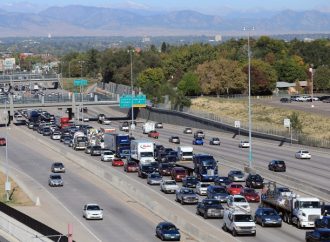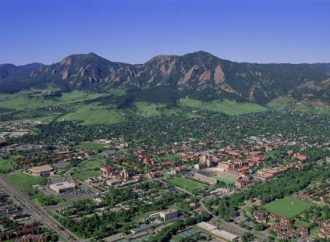The Monopoly Economics Of Juvenile Custody: Could Private Competition Keep Costs Down?
- July 29, 1988

IP-4-2017 (April 2017) Author: Linda Gorman DOWNLOAD REPORT IN PDF FORMAT Executive Summary: The purpose of this paper is to suggest how Colorado state government might fix the roads without increasing taxes by reallocating current state spending away from duplicative, ineffective, or wasteful programs, especially those outside of the core responsibilities of state government. It
READ MORE
Fair-housing advocates should question policies that increase housing costs by intruding on private property rights. These include growth- management tools such as urban-growth boundaries, the use of eminent domain for economic development, rent control, inclusionary zoning, and excessive impact fees, all of which benefit a few at everyone else’s expense. In approving the disparate- impact doctrine, the Supreme Court has offered a tool to both affordable-housing advocates and property-rights advocates for undoing these rules and policies that make housing less affordable.
READ MOREFor all of these reasons—high costs, tiny benefits, and interference with property rights—Colorado should not attempt to provide high-speed rail service. Instead, it should use its share of the $8 billion stimulus funds, if it gets any, solely for incremental upgrades, such as safer grade crossings and signaling systems, that do not obligate state taxpayers to pay future operations and maintenance costs.
READ MOREVoters should not trust anything RTD says. Instead, they should seek out alternatives that will provide far greater benefits than FasTracks at far lower costs.
READ MOREAmericans are in love with their automobiles and justifiably so. For Americans, the advent of the automobile is directly related to the improvement in the quality of life including increased personal income, increased home ownership, and increased personal mobility. While critics would like to Americans to abandon their vehicles in favor of government-sponsored mass transit, this is no time to break up a long, healthy relationship.
READ MORE